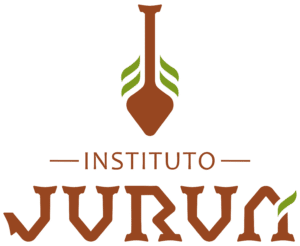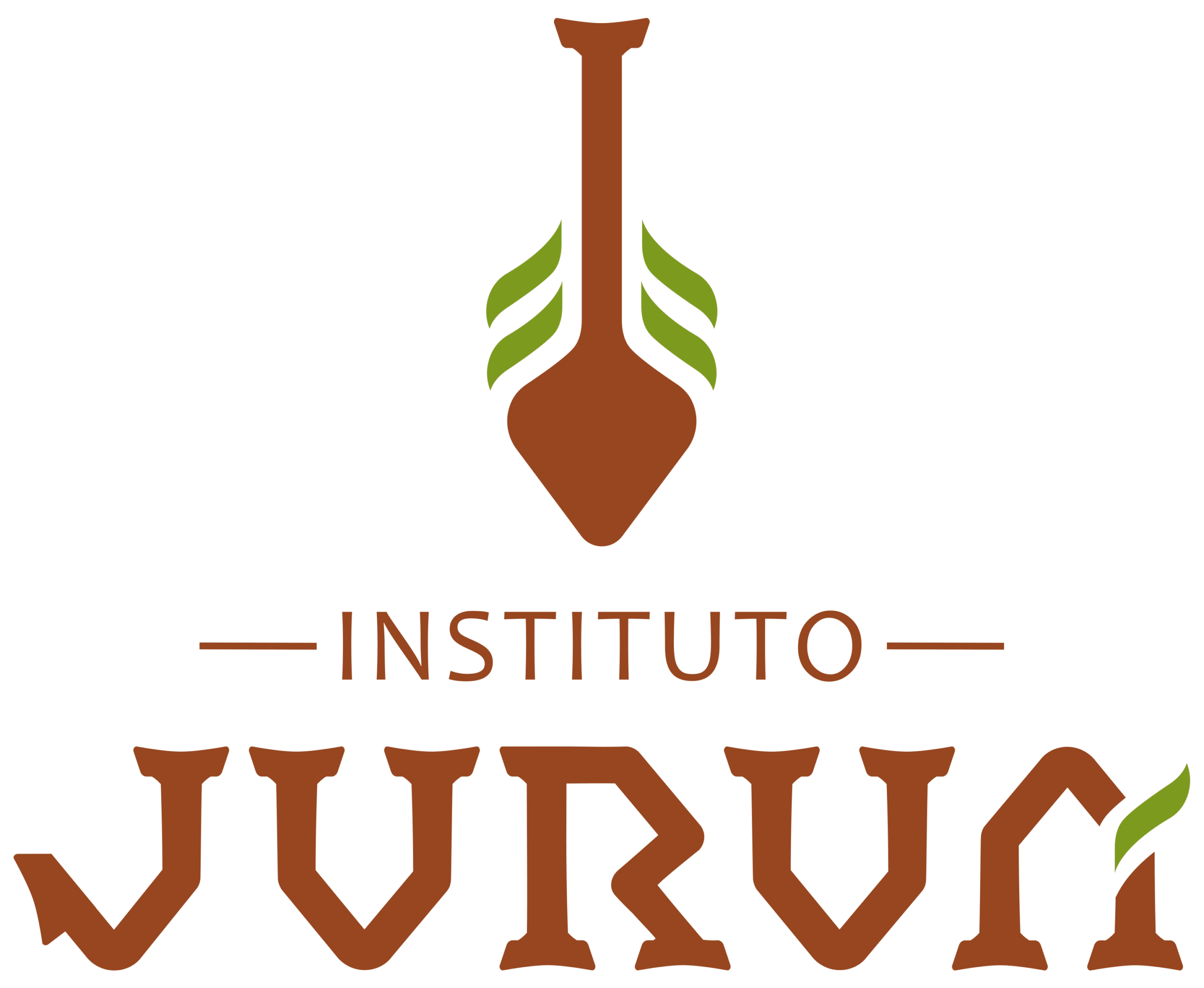
Instituto Juruá is a non-profit organization formed by conservationists and researchers in close partnership with community leaders and local associations, whose mission is to combine scientific research and traditional local knowledge to support positive initiatives of natural resources management in the Brazilian Amazon. Our aim is to align biodiversity conservation, food security, and the well-being of indigenous people and local communities. We believe that participation in the global ConservationNOW community is important to help us to spread our positive stories and to learn from the successful experiences of other organisations.
Optimism and positive conservation stories are what move and inspire us. Through community-based management, Instituto Juruá has helped recover populations of pirarucu (Arapaima gigas), the largest freshwater scale fish in the world, from the brink of extinction. Pirarucu populations in our focal area in the Médio Juruá have increased by 425% in just 11 years. Furthermore, this management programme is generating income for more than 200 rural families, increasing their food security, infrastructure, generating capacity-building opportunities and increasing the participation of women in income distribution and decision-making processes.
Instituto Juruá also works closely with local partners for the protection and monitoring of nesting grounds for freshwater turtles (Podocnemis spp.) on fluvial beaches along the Juruá River. As a result of this strategy, local communities have boosted the population recovery of the South American river turtle (P. expansa). For the protection of both lakes for pirarucu fisheries and beaches for turtle nesting, we support the training of locals to conduct population monitoring and work to improve conflict resolution between neighbouring communities and commercial fishers from urban centres.
Instituto Juruá is guided by values that seek to empower people living in forest ecosystems to manage natural resources in order to bring benefits for both nature and people. Through these successful experiences and other positive conservation programmes currently under development, we hope to inspire the wider application of community-based management models backed by high-quality scientific research. We strongly believe that engaging in the ConservationNOW network will enable us to achieve this ambition.

